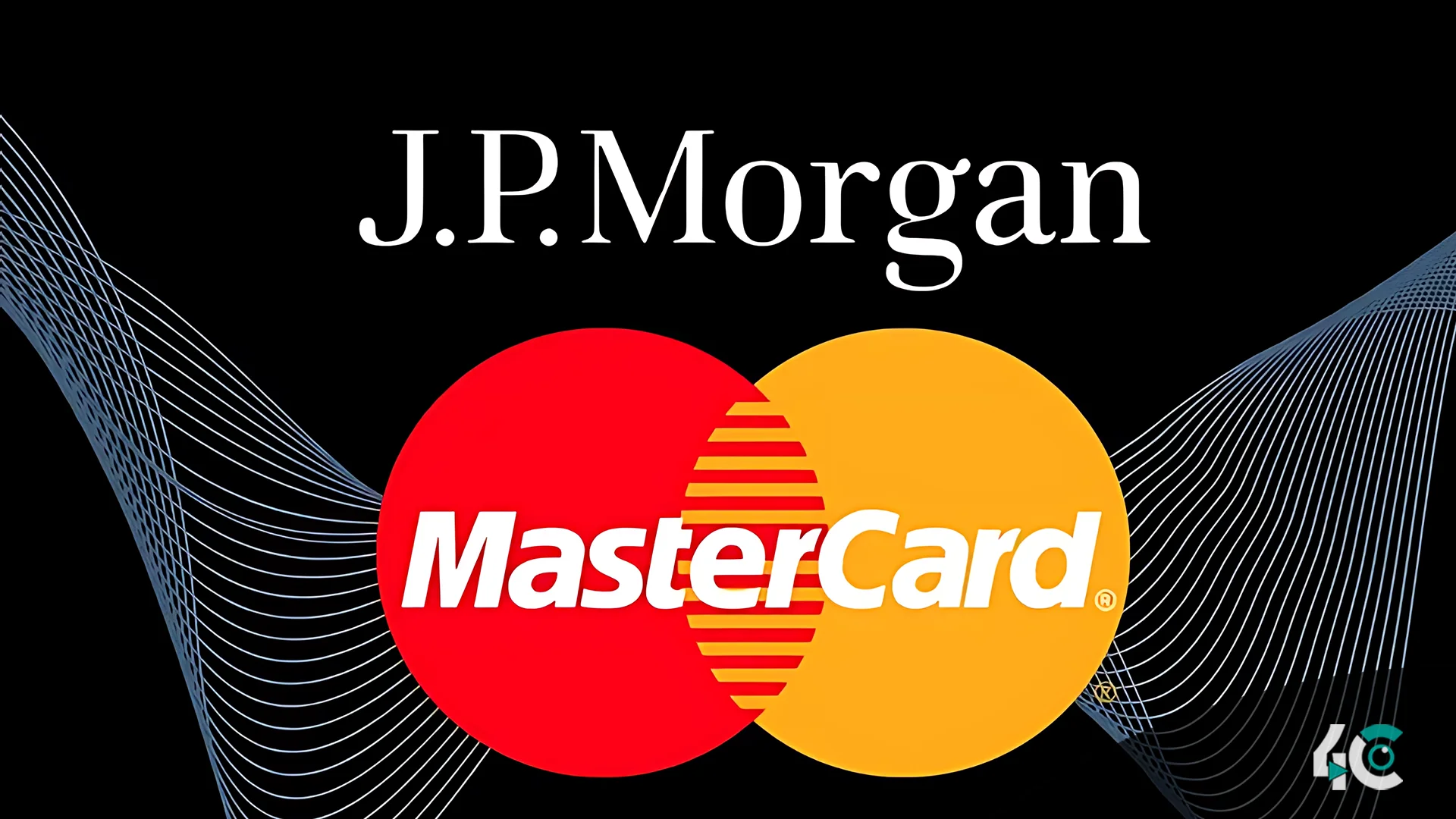Cross-border B2B payments are inefficient due to time zone limits, manual processes, and intermediate delays. Mastercard and JPMorgan are tackling these issues by combining their blockchain-powered technologies into a single system.
Mastercard’s Multi-Token Network (MTN) is now integrated with JPMorgan’s Kinexys Digital Payments technology, offering mutual clients a unified payment experience via a single API. This invention offers speedier settlement times, increased transparency, and the elimination of operational difficulties.
How Integration Works
Kinexys uses blockchain technology to enable real-time value transfers with commercial bank money, whereas MTN provides a suite of blockchain technologies to promote creative business models. The integration of these platforms allows firms to settle cross-border payments more efficiently, decreasing processing time and costs.
Raj Dhamodharan, Executive Vice President of Blockchain and Digital Assets at Mastercard, emphasized the importance of this collaboration, saying, “By combining Mastercard’s MTN connectivity with Kinexys, we are unlocking faster and more efficient payment capabilities for global businesses.”
Blockchain’s Impact on Modern Payments
Blockchain technology is becoming a key driver of innovation in global commerce. Public blockchains, in particular, are enabling novel financial use cases, such as moving value immediately across borders.
This collaboration is part of a larger trend of incorporating blockchain solutions into traditional banking institutions, which industry experts believe might reshape cross-border transactions. By improving speed, transparency, and cost effectiveness, blockchain is solving long-standing concerns in the B2B payments sector.
The Future of Cross-border Payments
The worldwide B2B payments market is anticipated to exceed $120 trillion per year by 2030. However, difficulties such as costly middleman costs, manual reconciliation, and unpredictable cash flow continue. Partnerships like the one between Mastercard and JPMorgan are critical in addressing these challenges and laying the groundwork for future advances.
Looking ahead, blockchain technology is expected to supplement existing financial messaging systems by offering a shared transactional state for all parties involved. This integration could simplify operations and result in a more coordinated global payments network.
As the industry begins to recognize blockchain’s disruptive potential, collaborations like this demonstrate the benefits of combining traditional financial expertise with cutting-edge technology, paving the way for a more efficient and linked world of commerce.
































